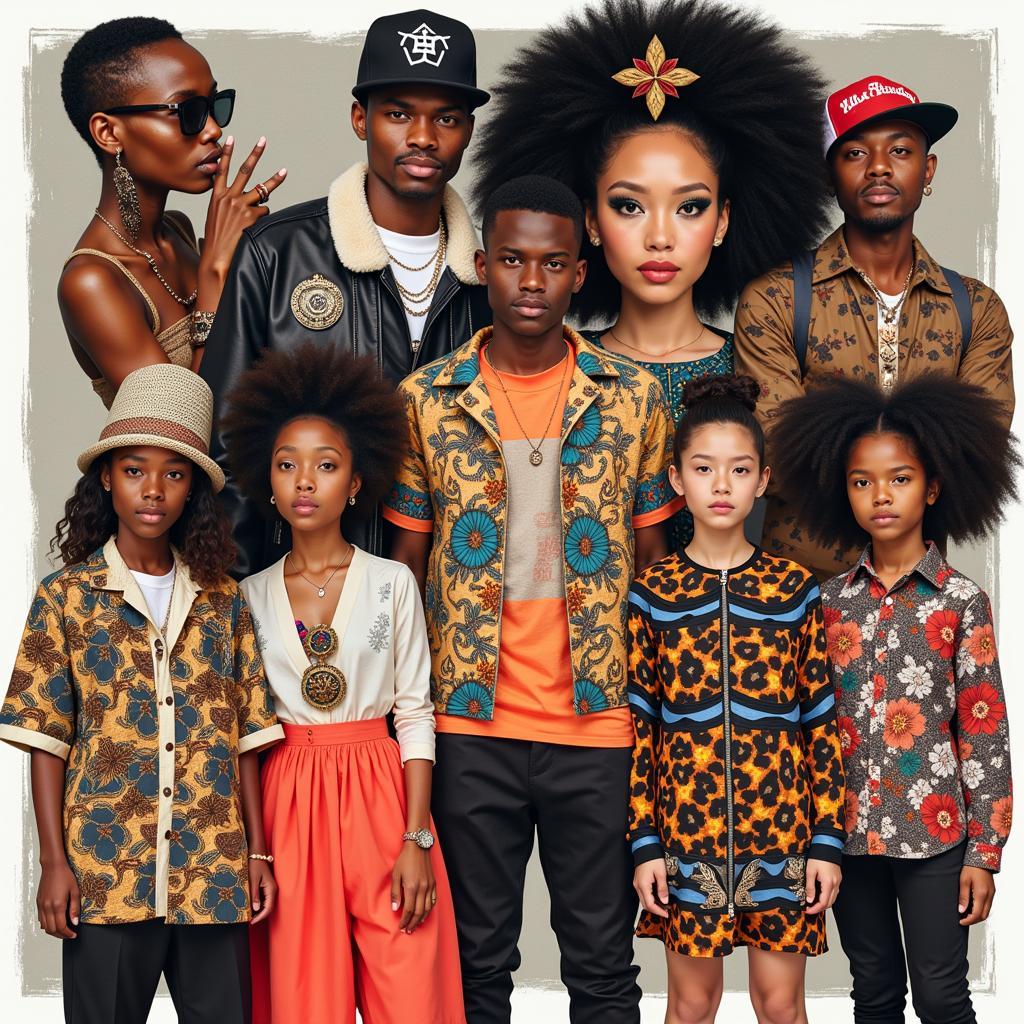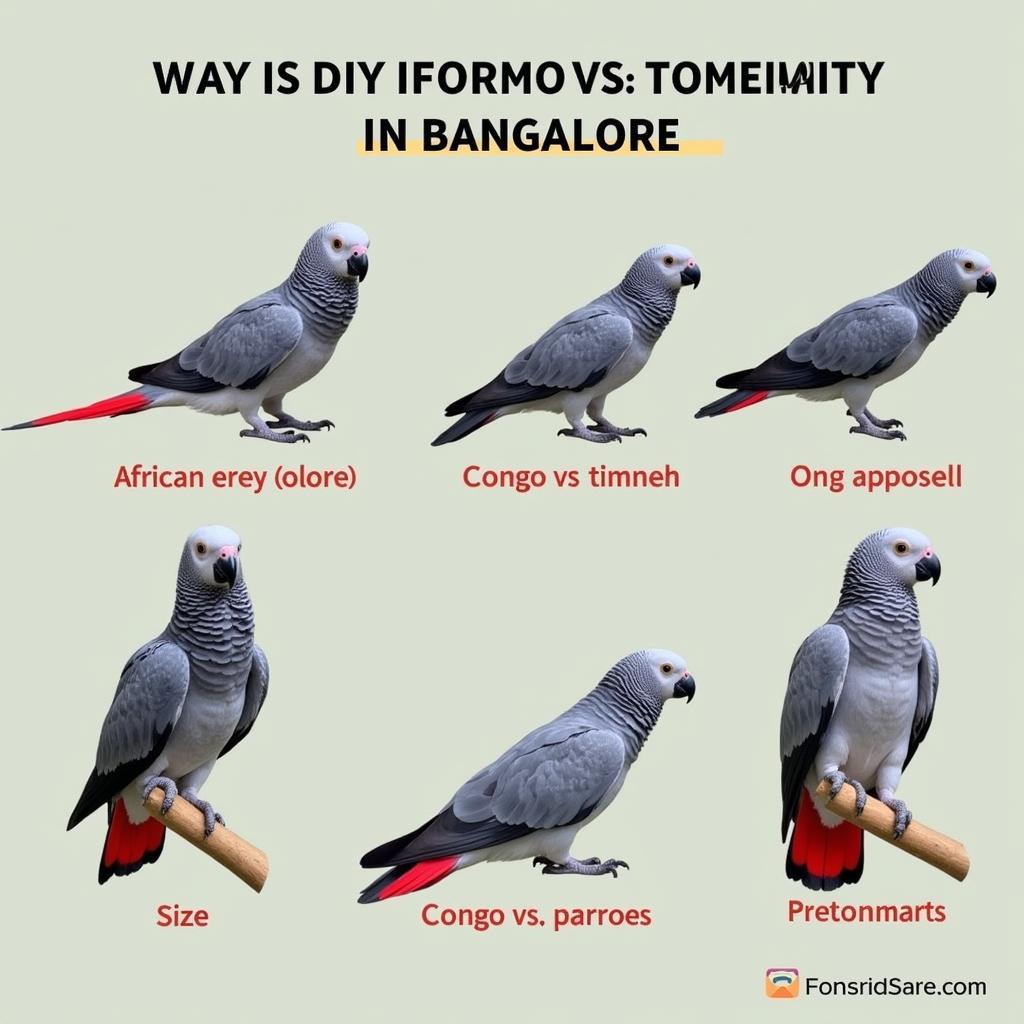Understanding the African Dowry Calculator: A Complex Cultural Practice
The African Dowry Calculator, a term often searched online, reflects a deep curiosity about the intricacies of marriage traditions across the African continent. However, the idea of a simple calculator misrepresents the nuanced cultural significance of dowry. Dowry practices in Africa are far from monolithic, varying greatly between regions, ethnic groups, and even individual families. This article delves into the complexities of African dowry, exploring its historical context, modern interpretations, and the socio-economic factors influencing its evolution.
Exploring the Cultural Significance of Dowry in Africa
Dowry, often misunderstood as a simple bride price, represents much more than a financial transaction. It’s a symbolic gesture, often deeply rooted in tradition and serving various social functions. In some cultures, it strengthens family ties, symbolizing a bond between two families. In others, it acknowledges the bride’s value and her contribution to her new family. It’s crucial to understand that the concept of “value” here is not purely monetary but often encompasses social status, skills, and lineage.
Many factors influence the form and amount of dowry. These include the bride’s education level, social standing, and even her physical attributes. The groom’s family’s wealth and social status can also play a role. It’s a complex interplay of tradition, social expectations, and economic realities.
Beyond the Monetary Value: Dowry’s Social Implications
While the exchange of goods or money is a common element, dowry’s social implications are far-reaching. It can symbolize respect, gratitude, and a commitment to the bride’s well-being. It can also, unfortunately, be a source of conflict and contribute to gender inequality if misused or misinterpreted.
In some communities, dowry negotiations become a platform for families to build relationships and establish mutual respect. This process often involves lengthy discussions, involving extended family members and sometimes community elders. The negotiation itself can be a crucial ritual, strengthening the bond between the two families.
The Evolution of Dowry in Modern Africa
Dowry, like many cultural practices, is evolving in response to modern influences. Urbanization, education, and changing gender roles are reshaping how dowry is perceived and practiced. In some cases, families are opting for symbolic dowries, prioritizing the emotional and social aspects of the tradition over the material exchange. Others are incorporating modern elements, like including educational expenses or contributions to the couple’s future home in the dowry agreement.
The concept of an “African dowry calculator” therefore oversimplifies a deeply nuanced tradition. There’s no one-size-fits-all formula. Understanding dowry requires looking beyond the monetary aspect and appreciating its cultural significance within specific communities.
“Dowry is not about buying a bride,” explains Dr. Abena Oduro, a renowned sociologist specializing in African family structures. “It’s a complex social contract that reflects the cultural values of a specific community.”
Addressing the Challenges and Misconceptions of Dowry
While dowry holds cultural significance, it also faces criticism. Concerns about its potential to perpetuate gender inequality and financial burdens are valid and require open discussion. Exploitation, coercion, and disputes over dowry can have devastating consequences for individuals and families.
“It’s essential to differentiate between traditional dowry practices and their potential for abuse,” adds Dr. Oduro. “Dialogue and education are crucial to ensuring that dowry remains a positive cultural expression rather than a source of harm.”
Conclusion: Navigating the Complexities of African Dowry
The “African dowry calculator,” while a common search term, is a misnomer. Dowry in Africa is a diverse and evolving cultural practice, far too complex to be reduced to a simple calculation. Understanding its true meaning requires appreciating its historical context, social functions, and the ongoing dialogue surrounding its role in modern African societies. Remember, understanding the specific cultural context is key to navigating the complexities of the African dowry.
FAQ:
- What is the purpose of dowry in African cultures? Dowry serves various purposes, including strengthening family ties, recognizing the bride’s value, and symbolizing a commitment to her well-being.
- Is dowry the same across all African cultures? No, dowry practices vary significantly across different ethnic groups and regions in Africa.
- Is dowry always a monetary transaction? While often involving an exchange of goods or money, dowry also has important social and symbolic dimensions.
- Are there concerns about dowry practices in modern Africa? Yes, there are concerns about potential abuses, including exploitation and financial burdens.
- How is dowry evolving in contemporary Africa? Dowry is adapting to modern influences, with some families opting for symbolic dowries or incorporating modern elements like educational expenses.
- Where can I find more information about dowry practices in a specific African culture? Researching specific ethnic groups and regions will provide more detailed insights.
- Is there a standard African dowry calculator? No, there’s no standardized calculator due to the vast diversity of dowry practices across Africa.
If you need further assistance regarding African dowry or other related cultural matters, please contact us at Phone Number: +255768904061, Email: [email protected], or visit our office at Mbarali DC Mawindi, Kangaga, Tanzania. Our customer service team is available 24/7.


